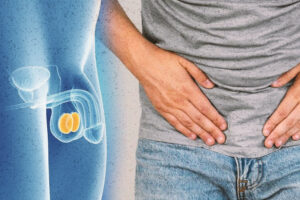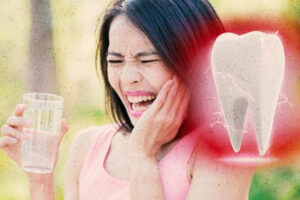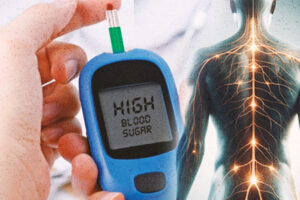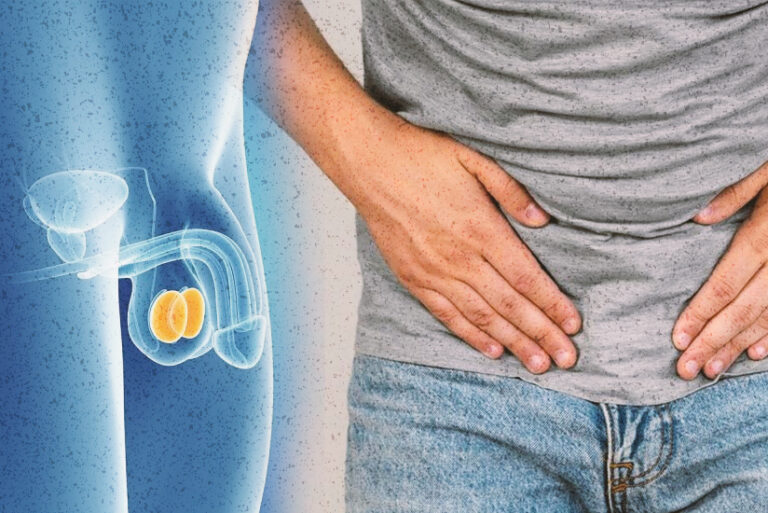By Henrylito D. Tacio
Hospital-acquired pneumonia, an infection of the lungs, occurs during a hospital stay. This type of pneumonia can be very severe. Sometimes, it can be fatal.
Pneumonia is a common illness and it is caused by many different germs. However, pneumonia that starts in the hospital tends to be more serious than other lung infections because people in the hospital are often very sick and cannot fight off germs. In addition, the types of germs present in a hospital are often more dangerous and more resistant to treatment than those outside in the community.
According to MedlinePlus Medical Encyclopedia, people can be more likely to get this type of pneumonia while in the hospital if they use alcohol excessively, have had chest surgery or other major surgery, have a weak immune system from cancer treatment, certain medicines, or severe wounds, and have long-term (chronic) lung disease.
These people may also get hospital-acquired pneumonia: breathe saliva or food into their lungs as a result of not being fully alert or having swallowing problems (for example, after a stroke), not mentally alert due to medicines or illness, older, and on a breathing machine (ventilator).
A new study showed that daily toothbrushing can lower the risk of getting hospital-acquired pneumonia, especially in patients on mechanical ventilation.
This practice also is associated with lower intensive care unit (ICU) mortality, shorter ICU admissions, and shorter ventilator dependency, said the study which was published in JAMA Internal Medicine.
“Hospital-acquired pneumonia largely results from the aspiration of microorganisms present in the oral cavity,” wrote Elena Riboldi on the website of Medscape. “In fact, the oral microbiota comprises an estimated 700 species of bacteria, fungi, viruses, and protozoa.”
Some studies have been done between oral health and the development of pneumonia. Based on these studies, rigorous oral hygiene is part of the recommendations for preventing hospital-acquired pneumonia.
“But the methods that should be used for ensuring good hygiene haven’t been determined,” Riboldi wrote. “The use of chlorhexidine-based mouthwash is debated because there is no evidence that it prevents pneumonia and because some studies have suggested a link between chlorhexidine and higher mortality rates.”
Now, here are the findings of the study:
· Toothbrushing was associated with significantly lower risk for hospital-acquired pneumonia and intensive care unit (ICU) mortality.
· Reduction in pneumonia incidence was significant for patients receiving invasive mechanical ventilation but not for patients who were not receiving invasive mechanical ventilation.
· Toothbrushing for patients in the ICU was associated with fewer days of mechanical ventilation and a shorter ICU length of stay.
· Brushing twice a day vs more frequent intervals was associated with similar effect estimates.
“Results were consistent in a sensitivity analysis restricted to 7 studies at low risk of bias (1,367 patients),” said authors Dr. Selina Ehrenzeller and Dr. Michael Klompas, of the Department of Population Medicine at Harvard University in Cambridge, Massachusetts. “Non-ICU hospital length of stay and use of antibiotics were not associated with toothbrushing.”
Dr. Klompas added, “We hope that doctors will get an enhanced appreciation of the importance of toothbrushing in hospitalized patients. Our study suggests that the benefits of toothbrushing extend beyond simply maintaining or improving oral hygiene.”
Dr. Rupak Datta, assistant professor of infectious diseases at Yale University in New Haven, Connecticut, and specialist in antimicrobial resistance in hospital settings, was asked for his comment on the study.
“This study represents an exciting contribution to infection prevention and reinforces the notion that routine toothbrushing is an essential component of standard of care in ventilated patients,” he said.
According to MedlinePlus, the first sign of hospital-acquired pneumonia may be mental changes or confusion in older adults.
Other symptoms may include: a cough with greenish or pus-like phlegm (sputum); fever and chills; general discomfort, uneasiness, or ill feeling (malaise); loss of appetite; nausea and vomiting; sharp chest pain that gets worse with deep breathing or coughing; shortness of breath; decreased blood pressure; fast heart rate; and increased respiratory rate.
Hospital-acquired pneumonia can also be spread by health care workers, who can pass germs from their hands, clothes, or instruments from one person to another. This is why hand washing, wearing gowns, and using other safety measures is so important in the hospital. – ###









One Response
Thanks for the diverse tips provided on this blog site I have noticed that many insurance carriers offer customers generous discounts if they elect to insure multiple cars together A significant amount of households have several cars these days, particularly those with old teenage kids still dwelling at home, plus the savings in policies can certainly soon increase So it makes sense to look for a good deal